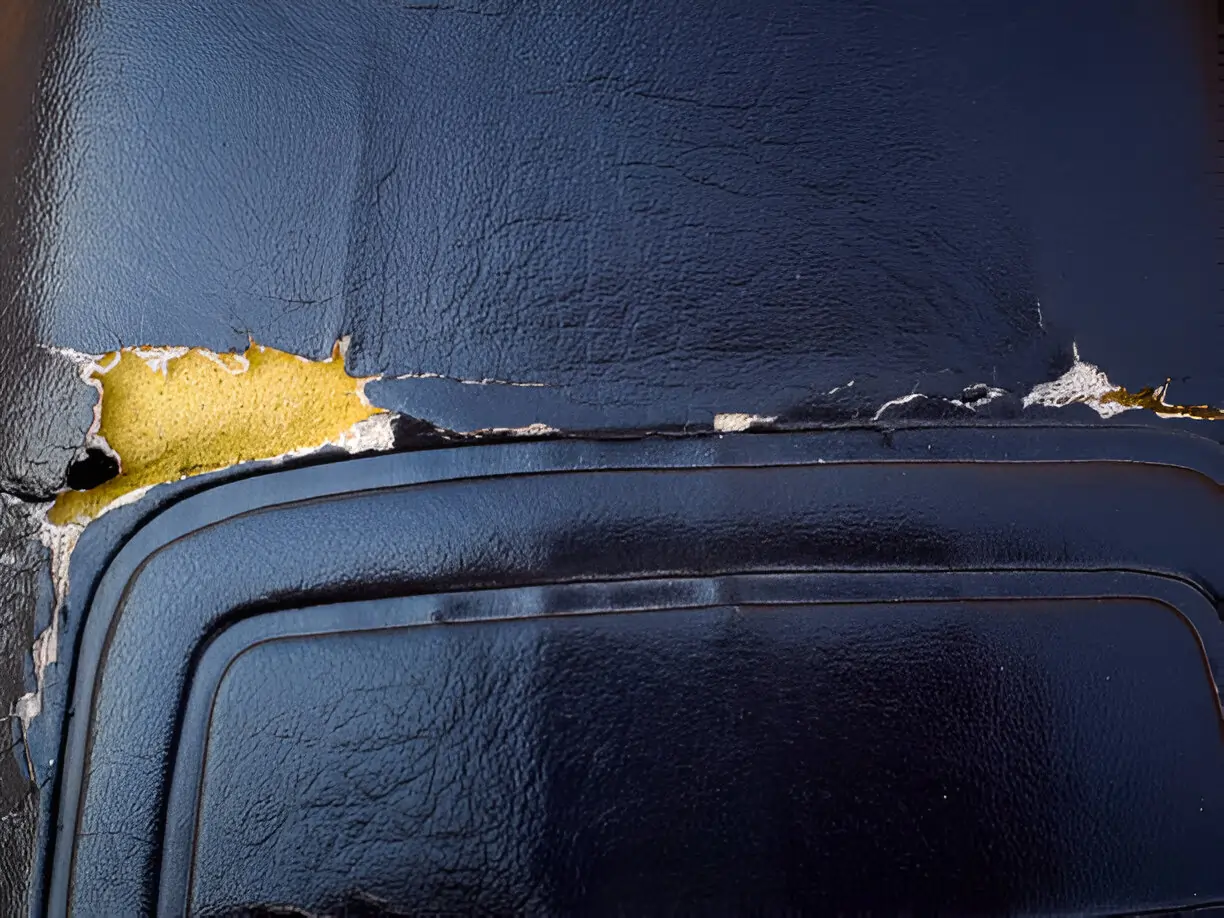Your car isn’t just a mode of transportation; it’s an investment and often a reflection of your lifestyle. However, daily use, changing weather, and road conditions can take a toll. Left unchecked, everyday wear and tear can snowball into costly repairs and decreased resale value. Good news? With a little care and planning, you can minimize the impact and keep your vehicle in excellent condition for years to come.
Understanding Common Causes of Wear and Tear
To effectively protect your car, you first need to understand what causes wear and tear.
Mother Nature can be tough on vehicles. Be it harsh UV rays during summer, road salt during winter, or heavy rain leading to rust, weather is often the biggest culprit of external wear. Over time, constant exposure can lead to faded paint, cracked upholstery, or even serious rust issues.
Aggressive driving, such as sudden braking or harsh acceleration, wears down your brakes and tires significantly faster. Similarly, driving over potholes, hitting curbs, or not slowing for speed bumps can damage your suspension and alignment.
Rough, uneven, or debris-filled roads can wreak havoc on your car’s tires, suspension, and undercarriage. Small dings and chips in your car’s paint are often caused by gravel and stones kicked up from the road.
Recognizing these challenges is the first step toward taking preventative measures to shield your car from everyday damage.
Exterior Protection
Your car’s exterior is not just for aesthetics; it’s also the first line of defense for maintaining the vehicle’s structural integrity.
Washing your car regularly removes dirt, grime, and road salt, preventing the buildup that can lead to rust and corrosion. Make sure to focus on the undercarriage, where road salt tends to accumulate during winter.
Waxing adds a protective layer to your car’s paint, shielding it from UV rays, dust, and water spots. Aim to wax your vehicle every 3–4 months for optimal protection.
Consider applying a paint protection film (PPF) to high-risk areas like the hood, doors, and bumpers. This transparent layer shields your car from scratches, chips, and minor abrasions while maintaining its original look. Professional paint protection film installers, such as those available in Salt Lake City, ensure flawless application, maximizing durability and effectiveness. Although it involves an upfront cost, the long-term benefits of preserving your car’s finish are well worth it.
If you don’t have access to a garage, a high-quality car cover is a game-changer. It protects your vehicle from sun damage, bird droppings, tree sap, and other environmental hazards.
Interior Care
Your car’s interior is just as important as its exterior. Keeping it clean and protected not only improves comfort but also retains your vehicle’s value over time.
Vacuuming the seats and floors is non-negotiable to remove dust, debris, and crumbs. For tougher stains, use fabric or leather cleaners specifically designed for automotive interiors. Regular cleaning prevents odors and prolongs the lifespan of your car’s upholstery.
Seat covers serve as a barrier against spills, stains, and daily wear. Whether you opt for durable synthetic options or stylish leather ones, seat covers can help keep your interior looking new.
Your dashboard bears the brunt of sunlight, leading to cracks and discoloration over time. Shield it by applying a UV-protectant product and using a windshield sunshade when parked.
Mechanical Maintenance
Maintaining the health of your car’s mechanical components is crucial for its longevity and reliability.
Follow your car manufacturer’s recommended service schedule like clockwork. A well-maintained engine runs smoother, lasts longer, and saves you from expensive repairs down the line.
Oil is the lifeblood of your engine. Over time, old oil loses its lubricating properties, putting your engine at risk of damage. Regular oil and filter changes ensure optimal performance and fuel efficiency.
Keep your tires in top condition by rotating them every 5,000–7,000 miles and maintaining the recommended tire pressure. Proper tire care not only improves handling and fuel efficiency but also extends tire life.
Driving Habits
Even with the best protection in place, reckless driving habits can undo all your efforts. Adjusting your driving techniques can significantly reduce wear and tear.
1. Avoid Sudden Braking and Acceleration
Gentle acceleration and smooth braking not only save fuel but also prolong the life of your brakes and tires.
Take it easy when navigating potholes, gravel roads, or speed bumps. Slowing down minimizes strain on your suspension and reduces the risk of tire damage.
Where you park matters. Whenever possible, opt for shaded parking to avoid sun damage, or park away from tight spaces to avoid door dings and scratches.
Conclusion
Caring for your car goes beyond simple cleaning. By understanding the major causes of wear and tear and proactively addressing them, you can save yourself significant time, money, and headaches in the long run. From regular maintenance to adopting safer driving habits, these strategies ensure your vehicle remains dependable, valuable, and a pleasure to drive for years to come. If you’re ready to take your car care routine to the next level, start with one or two of the tips shared here and build on them over time. Your car will thank you!
Read more: Top 10 Tips For Successfully Owning And Managing A Retail Space
